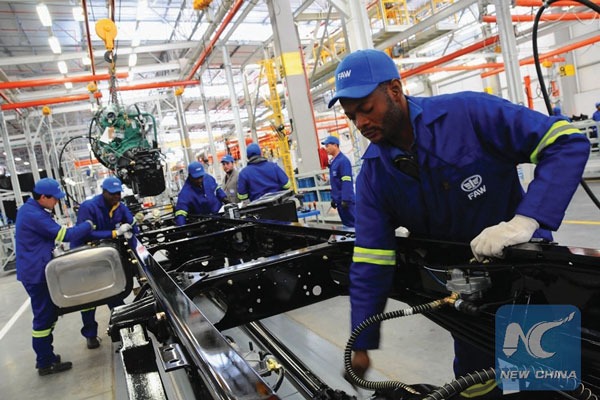…laments $3b yearly expenses on imported steel
Citing the need to address dependence on importation of commodities that can be produced locally, the Chairman and Group CEO of BUA Group, Abdul samad Rabiu has restated the firm’s resolve to bridge the yearly gap of about two million metric tonnes of imported raw sugar in the country.
According to Rabiu, Nigeria imports about two million metric tonnes of raw sugar for local refining every year, adding that such practice is not sustainable.Similarly, Rabiu sought the support of the Federal Government in encouraging businesses to substitute importation, noting that if financing support is provided, $3billion import bill in the steel sector can be reversed.
Specifically, Rabiu emphasised the need to concentrate on industries where raw materials can be easily accessed locally for production.To address the shortfall, Rabiu stated that the company remains committed to the Backward Integrated Policy of the Nigerian Sugar MasterPlan with its increased investments in the 20,000ha Lafiagi Sugar and 50,000ha Bassa Sugar plantations.
Recounting his Ugandan experience, Rabiu explained that Nigeria has the land and capacity to crush tonnes of sugar cane to produce refined sugar, with potential to explore the export market.
It would be recalled that the Group Executive Director at BUA Group, Kabiru Rabiu, said that BUA is making a total investment of over $300 million in Lafiagi Sugar Company to cover the plantation, sugar mill, its refinery, the ethanol and power plant as well as the complete agricultural aspects of the project.
He also added that upon full completion, the Lafiagi sugar mill with refinery will have capacity to crush about 7,000 tons of cane per day and produce over 140,000 tons of pure refined white sugar, about 25 million litres of ethanol, generate 35 megawatts of electricity as well as generate employment opportunities for over 10,000 people.
The Executive Secretary of the National Sugar Development, Latif Busari, had also commended BUA, for its steadfast commitment to attaining self-sufficiency in sugar through its investments in the once moribund sugar coy.He also encouraged the company not to relent on its efforts but continue to sustain its strategy to moving the country towards self – sufficiency in sugar the shortest time possible.











